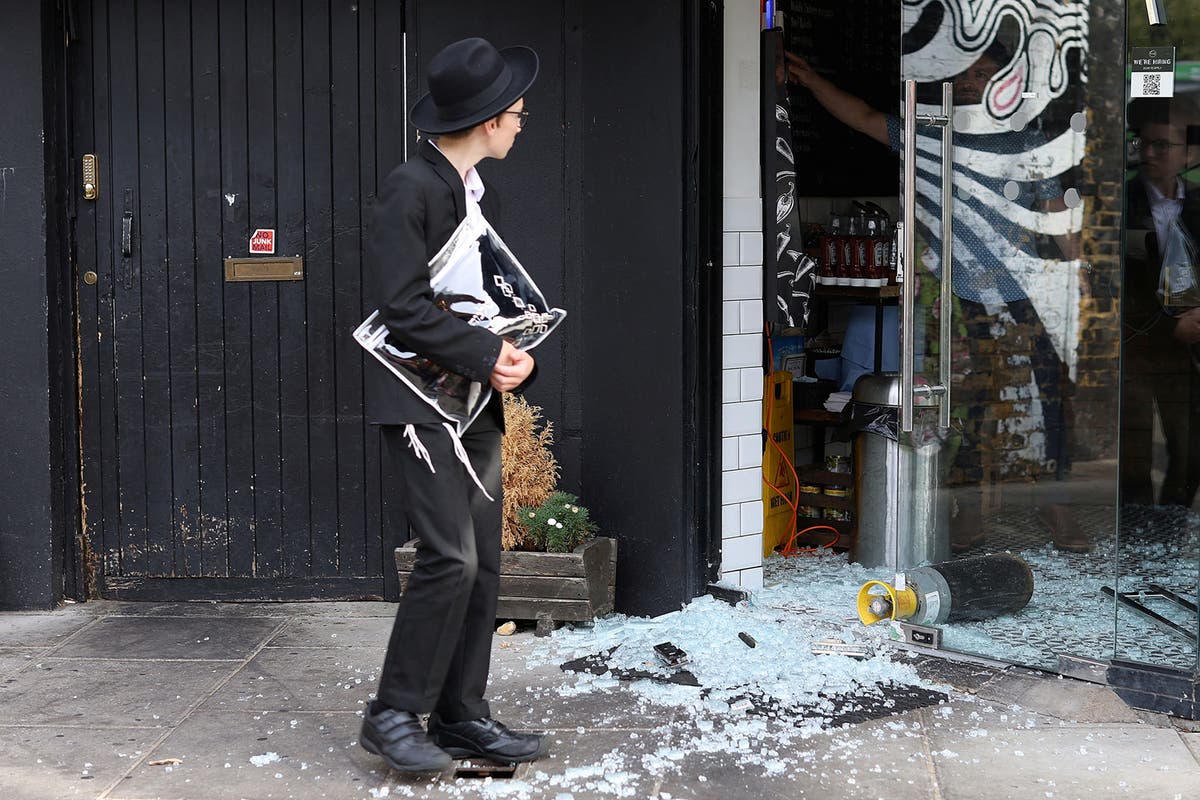There has been widespread condemnation of the antisemitism that has followed Hamas’s deadly attack on Israel and the subsequent bombing of Gaza. But the slurs have little to do with Jewish people; instead, they expose Western society as weak, polarised and poisoned by non-stop social media shares and comments, argues Ben Judah
Is this article just three paragraphs? That’s all I see, but the summary at the top refers to things that aren’t in those three paragraphs, and it stops abruptly.
It’s a modern new article, so what? /S
🤖 I’m a bot that provides automatic summaries for articles:
Click here to see the summary
My grandmother, a Holocaust survivor, never liked talking about antisemitism.
But I was an inquisitive grandson, perhaps uncaringly so, and when I pressed her to tell me a little of her memories about life in Nazi Germany, or occupied France, her answers always seemed to drift away from what it felt like for the Jews, towards what it said about society at large.
The sights of mass marches, of humans given numbers, of modernity itself perverted, were what seemed to have shocked her.
Firstly, because it saddens me to remember that when we were having those conversations, nibbling on biscuits in her overheated apartment, I felt that pogroms or any real danger to diaspora Jews were a thing of the past.
Analysing antisemitism, like the scan of a disease, reveals which of society’s organs have grown sick.
The hate my grandmother encountered in the 1930s, pulsed through European society, revealing its weaknesses: its carriers, in the age of mass production, were mass parties and its mindset, in the age of classification, was biological racism.
Saved 35% of original text.



